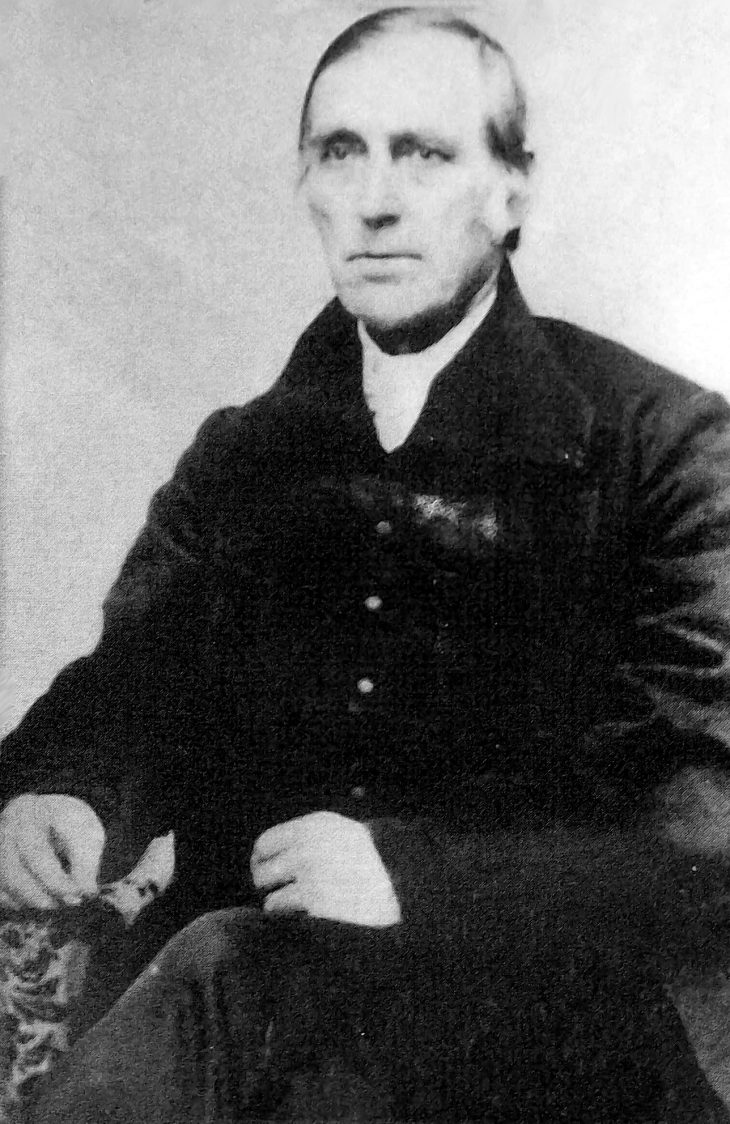
Word of the Day: Principal
Today’s Word of the Day is principal. The word can be either an adjective or a noun. As an adjective, it means “first or highest in rank, importance, value, etc.; chief; foremost.” As a noun, it means “a chief or head; the head or director of a school or, especially in England, a college; a person who takes a leading part in any activity, as a play; chief actor or doer; [and more specifically] the first player of a division of instruments in an orchestra (excepting the leader of the first violins)” (https://www.dictionary.com/browse/principal?s=t).
According to www.etymonline.com, the word enters the English language around 1300, “from Old French principal ‘main, most important,’ of persons, ‘princely, high-ranking’ (11c.) and directly from Latin principalis ‘first in importance; original, primitive,’ from princeps (genitive principis) ‘first man, chief leader; ruler, sovereign.’” The website notes some of the variant meanings as “From mid-14c. as ‘ruler, governor;’ 1827 as ‘person in charge of a public school,’ though the meaning ‘head of a college or hall’ was in English from mid-15c. From early 15c. as ‘a main sum of money,’ hence ‘money on which interest is paid.’”
I chose this word for today because today is the principal day of the year 2021. I also chose it because I saw the Latin roots on the website Latin Word of the Day https://latinwordoftheday.com/. Yes, there is a website called Latin Word of the Day, and I happen to be one of 49 subscribers to it. You should also join.
In addition to today’s being the first day of the year, on this date in 1788, according to On This Day (www.onthisday.com), the Quakers of Pennsylvania freed their slaves. I looked around on the internet to see if I could find corroboration for this particular assertion, but I couldn’t. I did, however, in the course of looking learn some interesting things about the Quakers and slavery.
Slavery came to what is today Pennsylvania when Dutch and Swedish colonists migrated down from New Netherland. The Dutch and Swedes imported slaves from Africa as early as 1639. William Penn and others who initially settled Pennsylvania tolerated slavery, but English Quakers and later German immigrants objected to the practice.
In 1688, Daniel Pastorius authored the Germantown Quaker Petition Against Slavery. According to Wikipedia, Pastorius “and three other Quakers living in Germantown, Pennsylvania (now part of Philadelphia), signed it on behalf of the Germantown Meeting of the Religious Society of Friends. Clearly a highly controversial document, Friends forwarded it up the hierarchical chain of their administrative structure—monthly, quarterly, and yearly meetings—without either approving or rejecting it. The petition effectively disappeared for 150 years into Philadelphia Yearly Meeting’s capacious archives; but upon rediscovery in 1844 by Philadelphia antiquarian Nathan Kite, latter-day abolitionists published it in 1844 in The Friend, (Vol. XVII, No. 16.) in support of their antislavery agitation.” Pastorius was actually not a Quaker; he grew up Lutheran and was involved with Lutheran Pietism, and he was a founder of Germantown, PA (now a part of Philadelphia—in fact, my mother grew up in Germantown).
In 1780, during the Revolution, Pennsylvania passed a law that would gradually free slaves (though not indentured servants, who were “owned” for a set period of time). Children born to slave women were considered free after the date of passage, though they had to serve as indentured servants into their 20s. By 1810, there were only 1000 slaves in Pennsylvania, and not too long after that there were none.
John Greenleaf Whittier was a well-known, popular Quaker poet and advocate of abolitionism. His poetry used to be taught in our government-run schools, but his reputation has declined. He is grouped with the Fireside Poets (or Household Poets), a group that included Henry Wadsworth Longfellow, William Cullen Bryant, James Russell Lowell, and Oliver Wendell Holmes Sr., all of whom are likewise relatively ignored in today’s schools.
The Quakers were also involved in the Underground Railroad. For instance, Levi Coffin, who grew up in North Carolina helping slaves escape to freedom, eventually moved to Ohio and was called, by some at least, the President of the Underground Railroad. A family with the last name Bundy helped slaves escape to Salem, Ohio, even though doing so was against the law.
What did the Quakers gain by objecting to slavery as they did? The Quakers have a wide diversity of theological positions, especially for a denomination with as small a population as the Friends boast. What they are best known for is their pacifism and pietism. They are also known for their intellectual and business activities. Generally speaking, slaves were not putting Quakers out of work. Slavery was not giving an unfair advantage to people who were competing with the Quakers for business.
The only benefit the Quakers received from their staunch stance against slavery was knowing that they were doing the will of God and following in the footsteps of Christ. And given that Christ is the principal of the Quakers and all Christians, it makes sense that they would want to follow Him even if there is no immediate reward.
Today’s image is a photograph of Levi Coffin (1798-1877), Quaker, abolitionist leader, underground railroad from about 1865. It’s the cover of Levi Coffin, Quaker: Breaking the bonds of slavery in Ohio and Indiana by Mary Ann Yannessa (Richmond, Indiana: Friends United